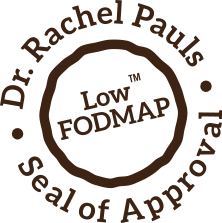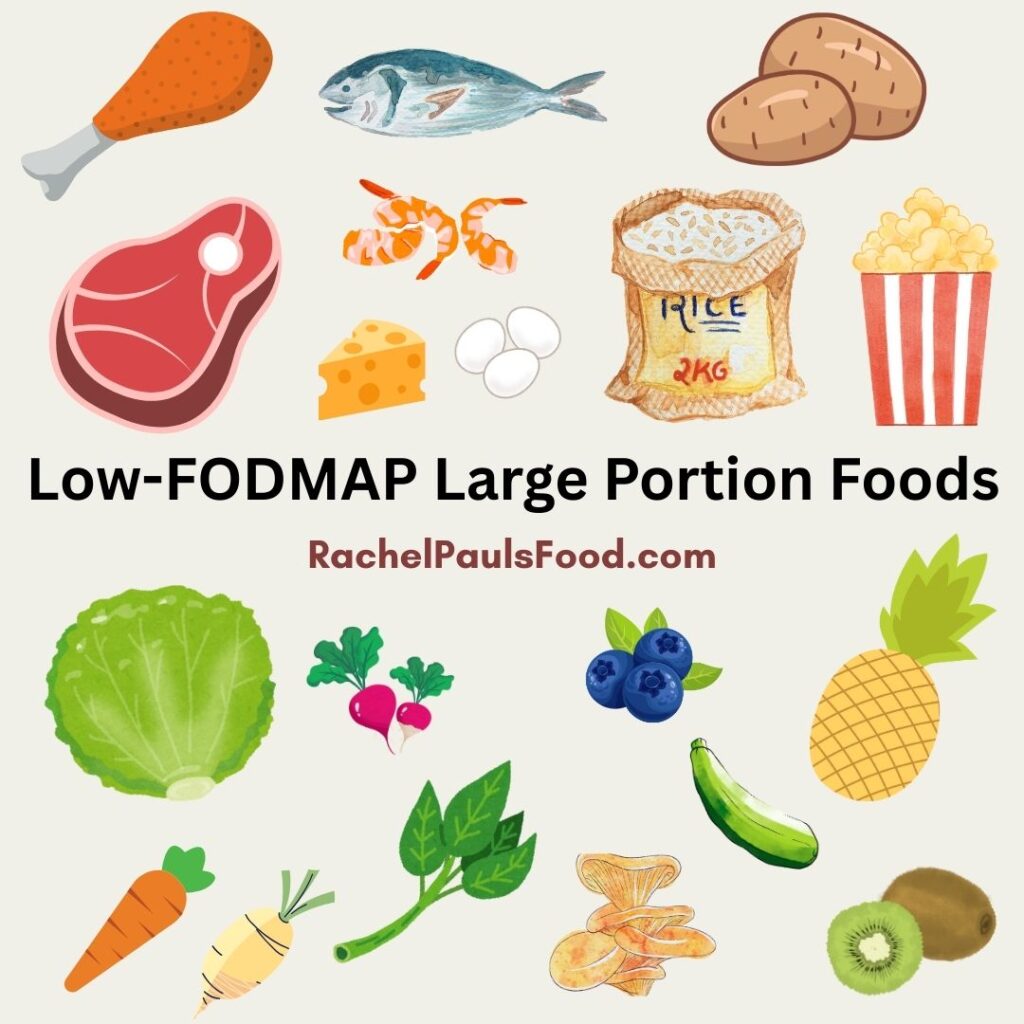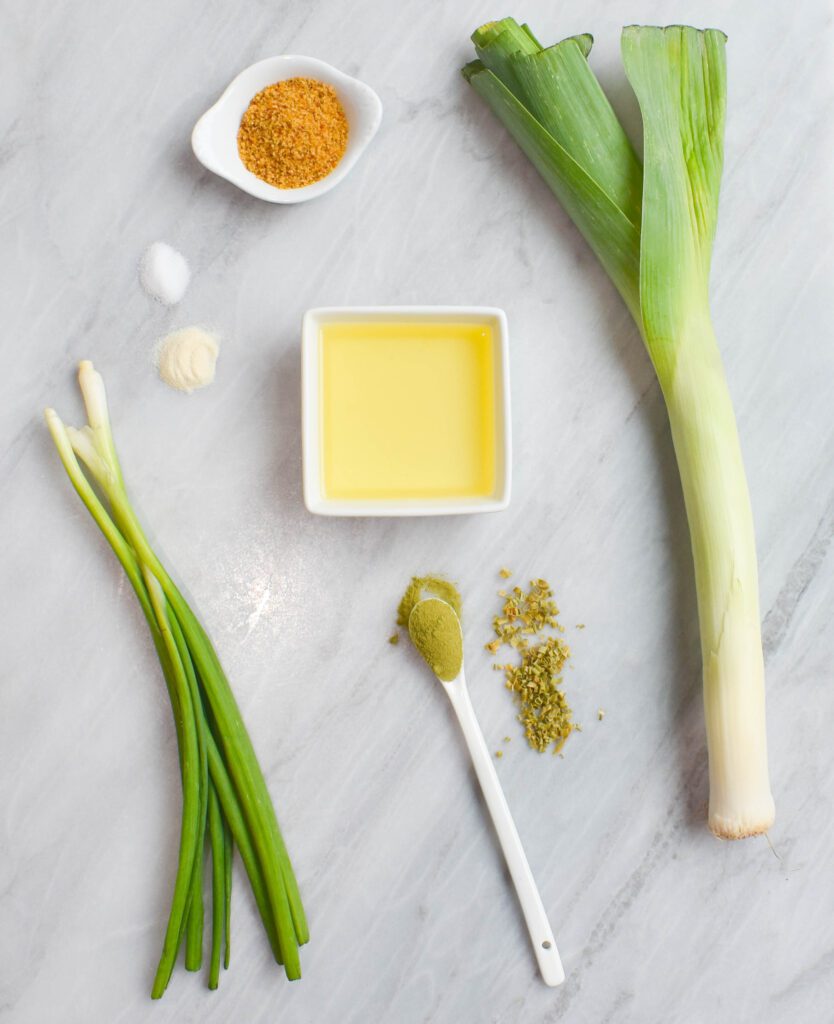In a recent interview, I was asked about the Dr. Rachel Pauls Low-FODMAP Seal of Approval. Specifically, why is it important?
It was an easy question to answer. Here is why: An estimated 40 million Americans, including me, are thought to suffer from Irritable Bowel Syndrome (IBS). A low-FODMAP diet can be the most effective way to treat the symptoms associated with IBS, such as gas, bloating, diarrhea and constipation. However, figuring out which foods or food combinations are high in FODMAPs is very tricky and often intimidating. Unfortunately, there is a lack of clarity. Unlike protein, fat, saturated fat, fiber, sodium or sugars, FODMAP levels are not disclosed on nutrition labels.
The Seal addresses this problem by clearly identifying those foods that are low FODMAP.
To obtain the Seal, a product undergoes thorough lab testing. The analysis of this testing must conclude that the product meets certain objective criteria, including having less than 0.5 grams of FODMAPs per serving. So the Seal provides needed clarity by certifying that a product is low FODMAP and suitable for a typical low-FODMAP diet. Currently, our FDA-registered lab is the only known lab in the United States that does FODMAP analysis.
We hope that one day food labels will clearly disclose FODMAP levels. The benefits could be enormous. With the information, all of us with digestive issues could more easily track our FODMAP intake and have greater control over our health. Until then, low-FODMAP certification, such as the Dr. Rachel Pauls Low-FODMAP Seal of Approval, can help IBS sufferers avoid foods that trigger miserable symptoms.
To learn more about high- and low-FODMAP foods or to find out how to go on a low-FODMAP food plan, consult your doctor, dietician or another healthcare professional.
Be healthy and happy,









